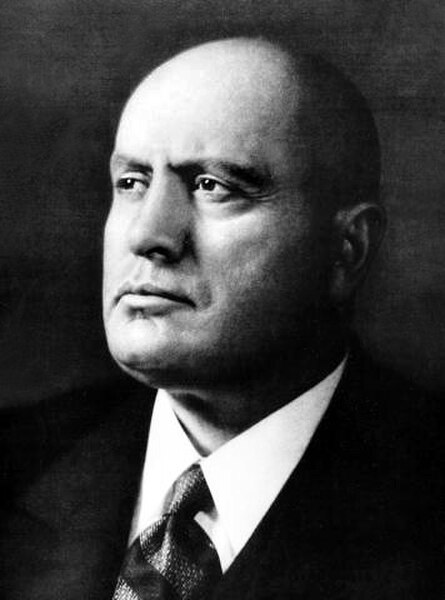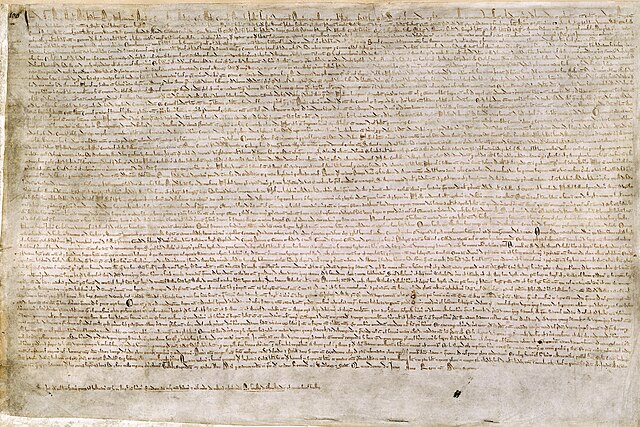Authoritarianism is a political system characterized by the rejection of democracy, and political plurality. It involves the use of strong central power to preserve the political status quo, and reductions in the rule of law, separation of powers, and democratic voting. Political scientists have created many typologies describing variations of authoritarian forms of government. Authoritarian regimes may be either autocratic or oligarchic and may be based upon the rule of a party or the military. States that have a blurred boundary between democracy and authoritarianism have some times been characterized as "hybrid democracies", "hybrid regimes" or "competitive authoritarian" states.
Honoring South Korean President Park Chung-hee in Army Parade at Armed Forces Day on 1 October 1973
Azerbaijan's President Ilham Aliyev and Venezuela's President Nicolas Maduro on 25 October 2019
Benito Mussolini, the founder of Italian Fascism, called his regime the "Totalitarian State": "Everything in the State, nothing outside the State, nothing against the State."
Kim Il-Sung, founder of North Korea, established an authoritarian regime which was modeled after other totalitarian countries.
Democracy is a system of government in which state power is vested in the people or the general population of a state. Under a minimalist definition of democracy, rulers are elected through competitive elections while more expansive definitions link democracy to guarantees of civil liberties and human rights in addition to competitive elections.
Nelson Mandela casting his ballot in the 1994 South African general election. In the 1990s, the dissolution of apartheid in favour of universal suffrage allowed tens of millions of South Africans, including Mandela, to vote for the first time.
Magna Carta, 1215, England
John Locke expanded on Thomas Hobbes's social contract theory and developed the concept of natural rights, the right to private property and the principle of consent of the governed. His ideas form the ideological basis of liberal democracies today.
Statue of Athena, the patron goddess of Athens, in front of the Austrian Parliament Building. Athena has been used as an international symbol of freedom and democracy since at least the late eighteenth century.








